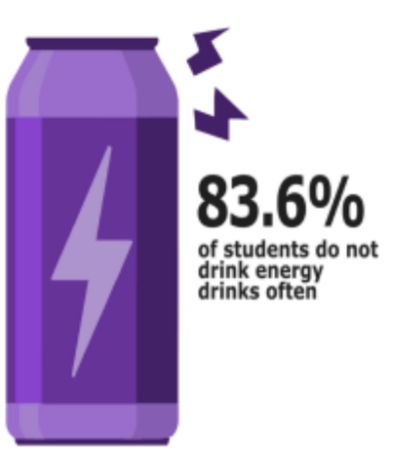Investigative journalism’s decline
UNSPLASH PHOTO COURTESY OF Markus Winkler
Investigative journalism has shaped our country’s politics, but is declining with the digital age. https://unsplash.com/license
January 28, 2022
As a result of the uptick in television news and social media, the number of consumers of physical newspapers has plummeted. This has caused many subsections of media to be cut back, such as product reviews, feature reports and, above all, investigative journalism.
From Watergate to the conditions of the Walter Reed Medical Center, investigative journalism has shaped our nation and politics into what it has become today.
Nonetheless, research by the University of North Carolina’s Hussman School of Media and Journalism found more than one in five U.S. newspapers closed within the past 15 years. Consequently, the number of print journalists has decreased.
As stated by the Hussman School of Journalism and Media, investigative journalism and newspapers correspond with one another. Although investigative pieces can be found online, investigative journalism peaked within the same time frame as printed news.
According to the New York Times, the period of peak circulation for all U.S. newspapers was 1982, with 63.3 million readers. Coincidingly, some of the biggest moments in investigative journalism history occurred around this time, including the Pentagon Paper leak in 1971, Watergate in 1972 and Graves revealing sexual misconduct within Congress in 1992.
Today, investigative stories continue to develop with details of the Jan. 6 Capitol riots, COVID-19 pandemic response and sexual assualt cases against high-profile politians. But the impact of these pieces is blunted because they appear in a more diffuse set of news outlets. Additionally, the loss of positions at smaller, local newspapers, has hurt more local investigative reporting.
Many are divided on what exactly brought about this decline in investigative journalism.
Sophomore Ethan Wen of Marlboro believes the fault lies in the hands of big corporations involving themselves within news reporting.
“It’s scary going under big corporations and industries when you know you’ll get in trouble if you talk about it,” Wen said. “It feels like there’s a cycle where there are less investigative journalism pieces, which makes the art less popular, which makes journalists more hesitant to do it, and it repeats.”
On the contrary, sophomore Andrew Seckular of Middletown feels that investigative journalism is on a decline as a result of social media, as well as the dangers of investigating stories.
“With the rise of social media and other online news platforms, a lot of information has become significantly easier for the public to obtain on their own,” Seckular said. “That being said, I do realize that in other countries where the freedom of the press is being attacked further than our own, investigative journalism remains a risky job and leads to less people willing to do this job.”
Although online media, especially large national organizations with digital reach, such as the New York Times and Washington Post, keep investigative journalism alive, most cable and network television news outlets have lost their appetite for time-consuming in-depth reporting.
Investigative journalism has had one main goal from the beginning: shine light in dark places by uncovering information that the powerful wish to remain secret. Unfortunately, a changing media landscape threatens many of the reporters who do this honorable work.
The only way to protect investigative journalists is for the people who rely on their work, to support their work financially. That means being willing to pay the online subscriptions for news organizations that invest the time and money into reporting that makes a difference. And supporting some of the new nonprofit organizations that also do investigative reporting, such as Propublica.
In short, everyone who wants to continue to live in a democracy should be willing to support investigative reporting.















